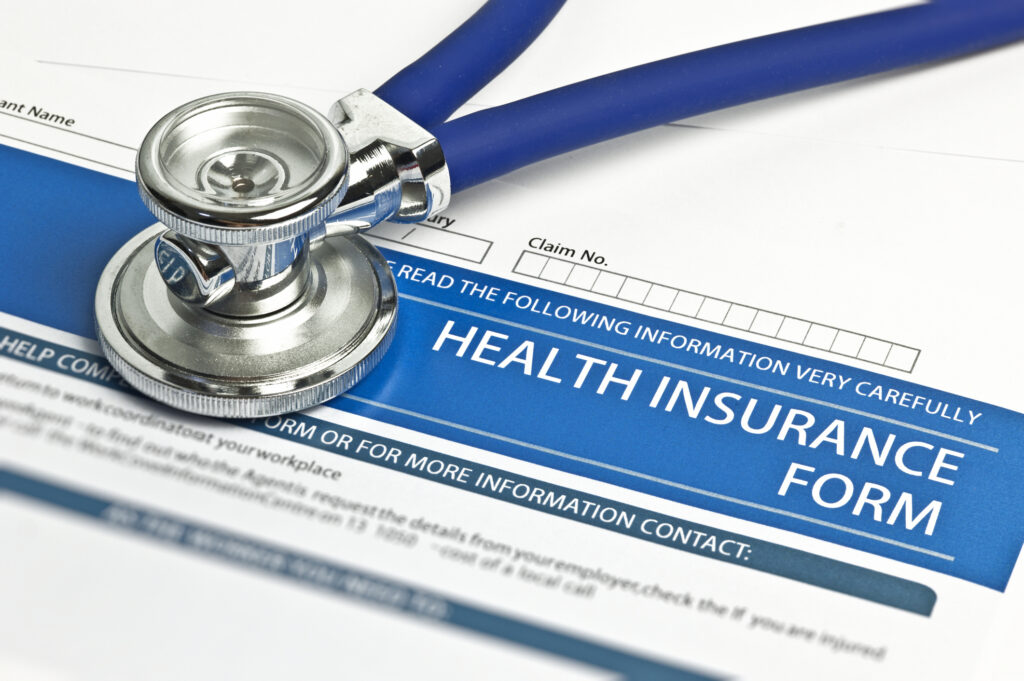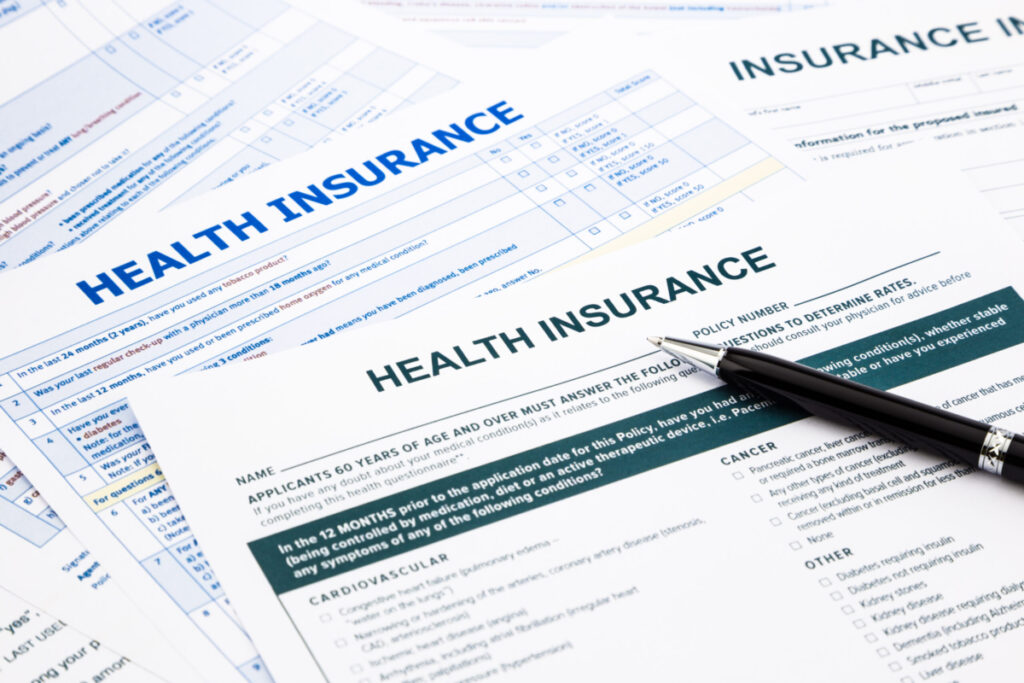Last week, Congress released a series of legislative proposals designed to respond to COVID-19’s ongoing public health and economic crises. The proposed legislation, expected to be voted on in early March, is a direct response to the Biden Administration’s American Rescue Plan and includes several provisions that could significantly impact eligibility and coverage sold through the health insurance marketplaces.
Tax Credit Increases for Purchasing Coverage through Marketplaces
The legislative proposals would institute a significant increase in tax credits available to consumers to help them pay for coverage sold through the health insurance marketplaces. Currently, premium tax credits (PTCs) are available to individuals and households who earn between 100 to 400 percent of the federal poverty level (FPL) and who purchase coverage through the health insurance marketplaces. (During 2021, individuals earning $12,880 to $51,520 or a family of four earning $26,500 to $106,000 a year would qualify for tax credits.)
Tax credits are allocated on a sliding, income-based scale so individuals and families are only required to pay 2 to 9.5 percent of their income for insurance (based on the cost of a second-lowest cost silver-level health plan available to that household).
The proposed changes increase the amount of PTCs available by both reducing the required contribution percentages to zero to 8.5 percent and by eliminating the 400 percent of FPL income cap, so that no household would be required to pay more than 8.5 percent of its income for coverage sold through a marketplace.
A recent report estimated similar changes could increase marketplace enrollment by more than 4 million individuals. The change would be retroactively applied, meaning individuals would be eligible for the additional subsidy amount retroactive to Jan. 1, 2021. These changes would be temporary, only applying to tax years 2021 and 2022. In addition, the proposal would create a new eligibility category whereby any individual receiving unemployment benefits in 2021 would be eligible for the maximum amount of PTC available. Specifically, the change would require that any income above 133 percent of FPL be disregarded for the purposes of PTC calculation.
In a recent letter to Congressional leaders, 19 state-based marketplace (SBM) leaders agreed that policies that enhanced subsidies and removed the income cap would be some of the most effective tools to improve coverage affordability and access. However, significant work to make these changes will be required. Marketplaces must rapidly update eligibility and enrollment systems, modify consumer shopping tools such as cost calculators and websites, and conduct the education and outreach necessary to make consumers aware of the changes. The proposed legislation includes $20 million in grants to the SBMs to make the necessary IT changes.
Protections for Individuals who Misestimated 2020 Income
The Congressional proposals include a provision that would protect consumers from tax penalties related to receipt of an inaccurate amount of PTCs. PTCs are calculated based on an estimate of an individual’s expected income for the upcoming tax year. Typically, consumers who underestimate their incomes and receive more PTCs than they should have are subject to a financial penalty of up to $2,700 for incomes up to 400 percent of FPL. There is no penalty cap for individuals earning above 400 percent FPL.
The proposal recognizes the unprecedented unpredictability of many individuals’ income in during the pandemic and waives penalties for the 2020 tax year. Concerns about excessive penalties and income miscalculations in 2020 were raised by SBM leaders in a letter sent to the Treasury Department and Internal Revenue Services (read their letter here).
Congressional committees are currently finalizing legislative language and could vote as soon as early March. If passed, the federal government and the SBMs will need to work at a rapid pace to make the policy and system changes necessary for implementation. SBM officials are also making plans to adopt changes that will enable access to more affordable coverage for the populations they serve.
The National Academy for State Health Policy will continue to monitor and report on the proposed legislation as it moves through Congress and the SBMs as they begin the groundwork necessary to implement the proposals.



